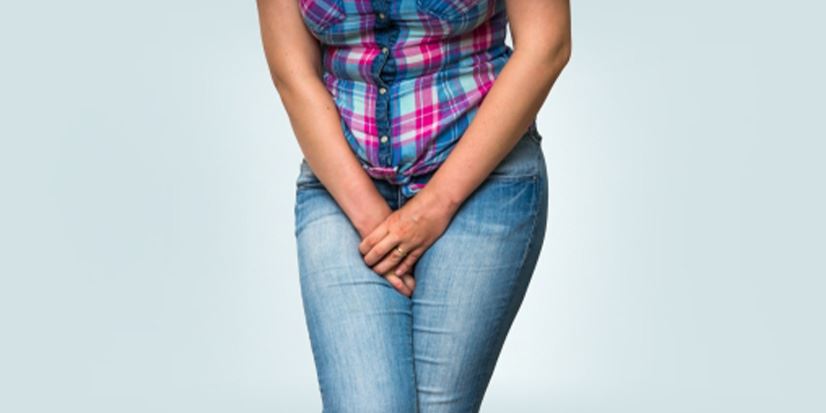Understanding Urinary Incontinence
- Category: Women & Children
- Posted On:


Achooo! If a simple sneeze sends you running to the restroom, you are not alone. It’s estimated that 30% of women aged 30-60 suffer from urinary incontinence – a condition that can range from a slight leak when coughing or sneezing to a complete loss of bladder control.
There are several different types of urinary incontinence including:
Stress Incontinence is a slight leak of urine caused by pressure on your bladder. Age, pregnancy, childbirth, being overweight, and taking certain medications can all lead to stress incontinence.
Urge Incontinence, also called overactive bladder, is when you suddenly have a strong urge to urinate and may not be able to make it to the bathroom in time. This type of incontinence can be caused by nerve or muscle damage to the bladder, bladder stones, certain infections or medications, and some conditions such as multiple sclerosis, Parkinson’s disease, diabetes, and stroke.
Overflow Incontinence is frequent or constant dribbling of urine caused by the inability to empty your bladder completely. Weak bladder muscles, nerve damage, tumors, constipation, and certain medications can all lead to this condition.
Functional Incontinence happens when a physical or mental impairment, such as arthritis or dementia, prevents you from going to the bathroom in time.
Mixed Incontinence means you have two or more types of incontinence. It’s common for women to experience both stress and urge incontinence.
Urinary incontinence can also be temporary or chronic.
Temporary urinary incontinence is exactly that, temporary, and is usually easily treated. Certain food and drink, such as alcohol, caffeine, chocolate, and artificial sweeteners, can all be bladder irritants. Heart and blood pressure medications, sedatives, and muscle relaxants can also be the culprit as can certain medical conditions such as urinary tract infection or constipation.
Chronic (or persistent) urinary incontinence is longer lasting and generally caused by an underlying condition or physical change in the body. Pregnancy, childbirth, weakened bladder muscles due to age, menopause, hysterectomy and other pelvic surgeries, certain cancers, and some neurological disorders can all cause chronic urinary incontinence.
Good News: It Can Be Managed
Certain risk factors such as gender, age, being overweight, smoking, family history, diseases such as diabetes, and certain neurological disorders may make you more likely to experience urinary incontinence.
On the flip side, there are things you can do to reduce your risk for developing this condition: maintain a healthy weight, drink plenty of fluids, eat a fiber-rich diet, practice pelvic floor exercises (also known as Kegels), quit smoking, and avoid bladder irritants such as caffeine, alcohol, and acidic foods.
If you are experiencing any form of persistent incontinence, it’s important to speak with your doctor or gynecologist. Not only can urinary incontinence be embarrassing, but it can also impact your personal life and relationships, cause skin irritations and rashes, lead to increased risk of urinary tract infections, and can be the sign of other underlying health issues.
Mary Washington Healthcare’s Advanced Gynecologic Program is equipped to provide the latest treatment options for women experiencing urinary incontinence. These range from simple lifestyle changes to medications and devices. In some cases, surgery is the best option. Stafford Hospital is one of only six Virginia hospitals certified as a Center of Excellence in Minimally Invasive Gynecology (COEMIG) by the Surgical Review Corporation. Programs that earn this designation must adhere to the highest standards in minimally invasive gynecological surgery and meet stringent safety, education, and quality requirements.
At Stafford Hospital, the safety and comfort of our patients is a top priority. We offer treatment for women of all ages in a quiet, clean, and soothing environment that is conducive to healing.
To find a COEMIG-certified physician, call MWHC Health Link at 540.741.1404.



